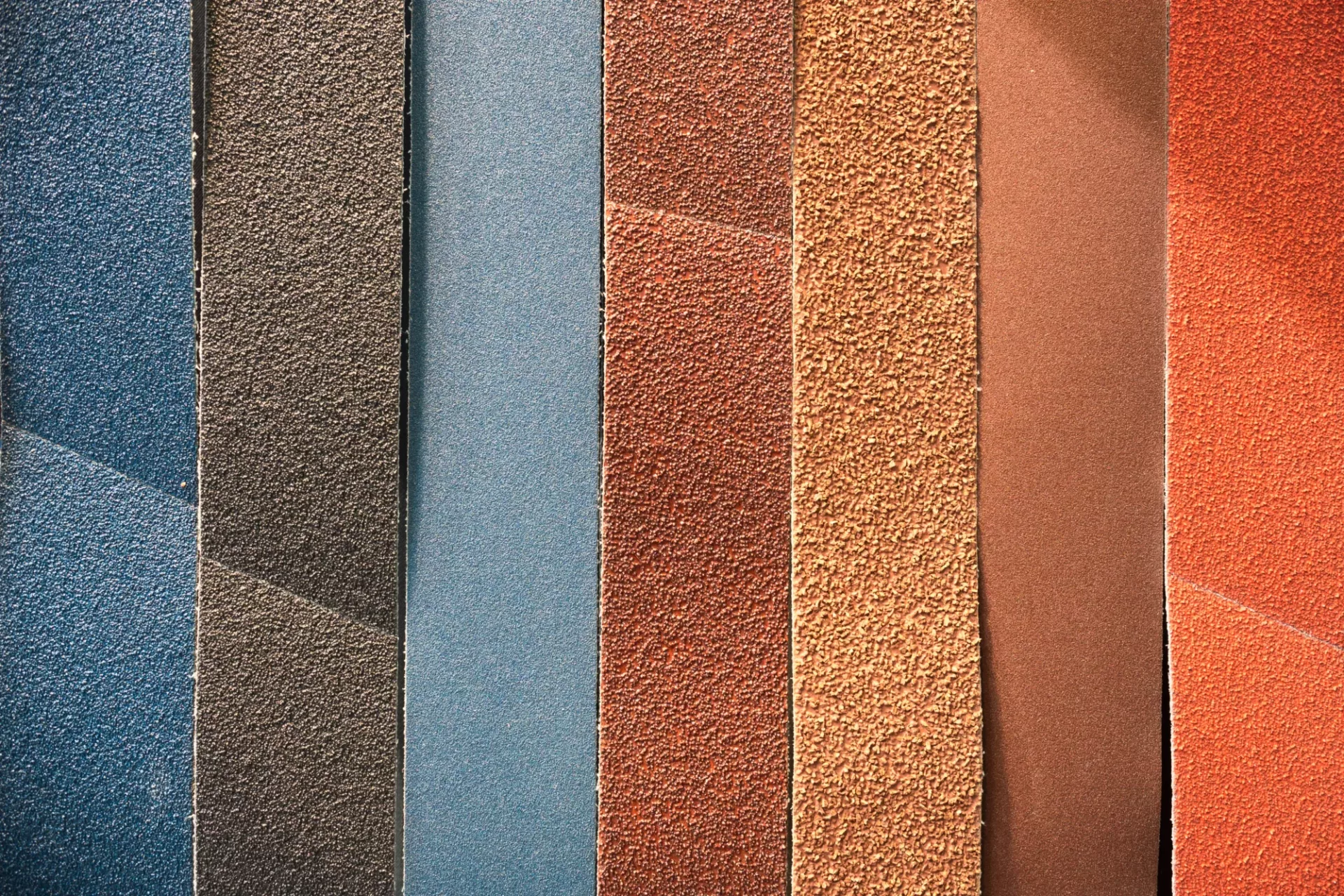
Abrasives
Abrasives are materials used to grind, polish, or smooth surfaces by removing small amounts of material through friction. They can be categorized as organic or non-organic based on their chemical composition. Both types of abrasives have their unique advantages and disadvantages, and their choice depends on the specific application requirements.


Sort
-
- Alphabetical (A-Z)
- Alphabetical (Z-A)
Search: ""
No results
Avocado stone is a natural organic material with most of the nutrients contained in its large, heavy stone. It is richer in amino acids, vitamins, and soluble fibers than any other fruit or vegetable. Avocado stone has a high antioxidant content making it attractive for many herbal remedies and anti-aging formulations. The powder has a somewhat nutty flavor. Due to its relatively high oil content, it should be eaten and processed in a fresh state.
Bauxite is a rock with high aluminum content. Bauxite is a generic name for deposits composed of one or more hydrated aluminum oxide mineral species. Bauxite contains many impurities, such as silica, iron and titanium oxides, and other elements, mostly in minor or trace amounts. There are four basic grades of bauxite- Chemical grade- (55-58% min. pure), Abrasive grade- (55% min. pure), Refractory grade- (59-61% min. pure), and Metallurgical grade- (50-55% min. pure). Bauxites are typically classified according to their intended commercial application: metallurgical, abrasive, cement, chemical and refractory.
Purities available from 98% (industrial grade) to 99.999% (high purity grade)
Burundum gives you a high-density, long-wearing, non-contaminating industrial grinding media that resists chemical, thermal, and mechanical shock. Burundum Grinding Media is nonporous, nonconductive, and nonmagnetic, making it ideal for wet or dry grinding.
Cubic Boron Nitride (CBN) is second only to diamond in hardness. It has superior thermal and chemical stability making it ideal for high-temperature applications. Because of its unique hardness and toughness, CBN has great advantages for grinding and sawing end-uses. CBN is available in 99% purity and is optimized for resin-bond, metal-bond, vitrified bonds, and electroplated products.
This aluminum oxide is a virgin fused white aluminum oxide. It is friable, high purity, medium density, and abrasive.
Emerundum is a naturally occurring odorless mineral having its broadest use as an abrasive in polishing applications. A mixture of corundum (Aluminum Oxide) with an iron-bearing mineral and other trace impurities such as mullite, titania, silica, and magnesia.
Hexagonal boron nitride is an inorganic compound that’s chemistry enables it to form structures that are isoelectronic with carbon allotropes, including a flat, hexagonal crystal structure similar to graphite. It is a white powder that is very hard and chemically and thermally stable.